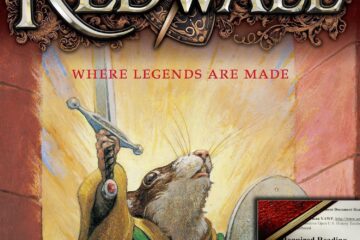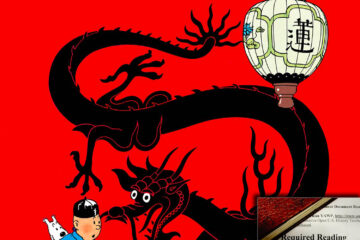On the ongoing text chain of American News and Political Science, my friend (the government teacher at the school I teach), forwarded me an article from Bloomberg via Yahoo News. The thrust of the article was that roughly half of Americans are open to the idea of a third-party presidential candidate. In a presidential Election more than 30 years ago, a pro-business, pro-military, anti-NAFTA conservative did just this and upended the election.
Ross Perot born on June 27, 1930, in Texarkana, Texas, and he was as large in American life as his personality. Perot made his money founding Electronic Data Systems (EDS) in 1962, a groundbreaking company in the information technology and services industry. It worked by purchasing time on university computers and running numbers for corporate buyers. Eventually, he grew the company, creating what we would now call computer farms, making himself billions and selling the company to General Motors and founded Perot Systems. This allowed him to focus on his philanthropic passions.
Perot’s philanthropic efforts were equally impressive, as he donated millions of dollars to various causes, including education, healthcare, and veterans’ support. The establishment of the Perot Foundation in 1982 further solidified his commitment to giving back to society. However, this minimizes the cultural impact.
His primary claim to fame, pre presidential run, was his passion to the point of conspiracy was POWs/MIAs. Using substantial influence, he spent large sums of money to attempt to reach, supply, and release POWs of the Vietnam War, going as far as claiming that the Vietnamese had not turned over hundreds if not thousands.
However, the most significant legacy he left was the 1992 Presidential election.
One of the most notable aspects of Ross Perot’s significance lies in his two independent presidential campaigns in 1992 and 1996. Running as a third-party candidate, he sought to challenge the two-party system and break the mold of traditional politics. His campaigns were characterized by a straightforward speaking style, as he addressed complex issues in a way that resonated with many voters. His critiques of NAFTA (as a giant sucking sound took jobs to Mexico), his talking about his $3 Billion, his 30 minute infomercials with colored paper charts, his Vice Presidential Candidate Admiral Stockdale who started a debate with “Who Am I, Why am I here?” His dropping out of the election a month before the date only to reenter a couple weeks before. Perot made the election of 1992 notable.
His large personality, Texas drawl and self-aggrandizing made him subject of parody. Here is the All That kids sketch show parody:
In the 1992 presidential election, Perot managed to capture a remarkable 19% of the popular vote, making him the most successful third-party candidate since Theodore Roosevelt in 1912. Although he did not win any states in the Electoral College, his substantial voter support demonstrated a growing dissatisfaction with the major parties. Whether or now he swayed the election, Perot’s campaign brought attention to important issues such as fiscal responsibility, trade imbalances, and the need for government reform. The Republicans in subsequent elections have tried to adopt his policies but have only won the popular vote in the Presidential Election once since 1992. Thus, the concern with another Perot like figure, especially if Donald Trump doesn’t win the primary.


